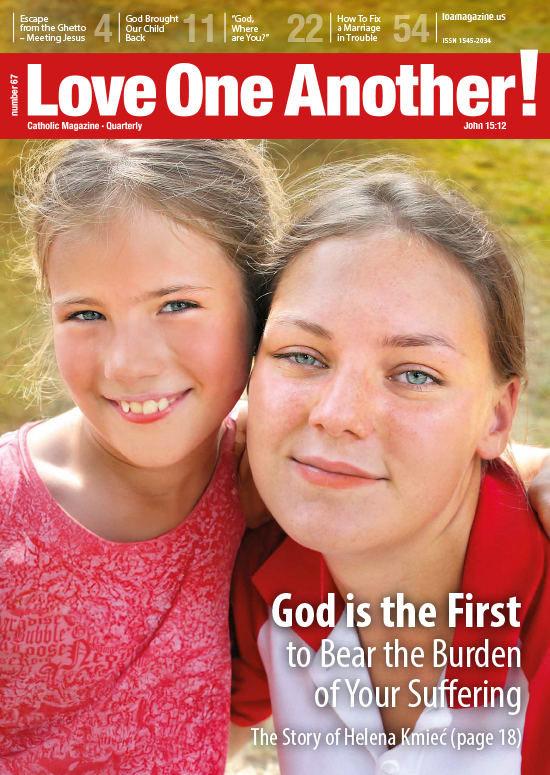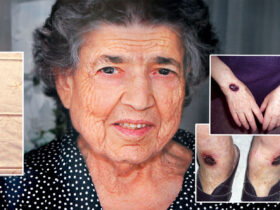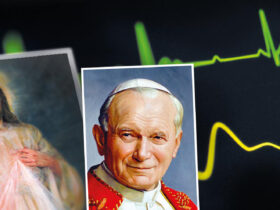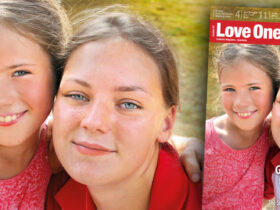“We Cannot Live Without the Sunday Eucharist”
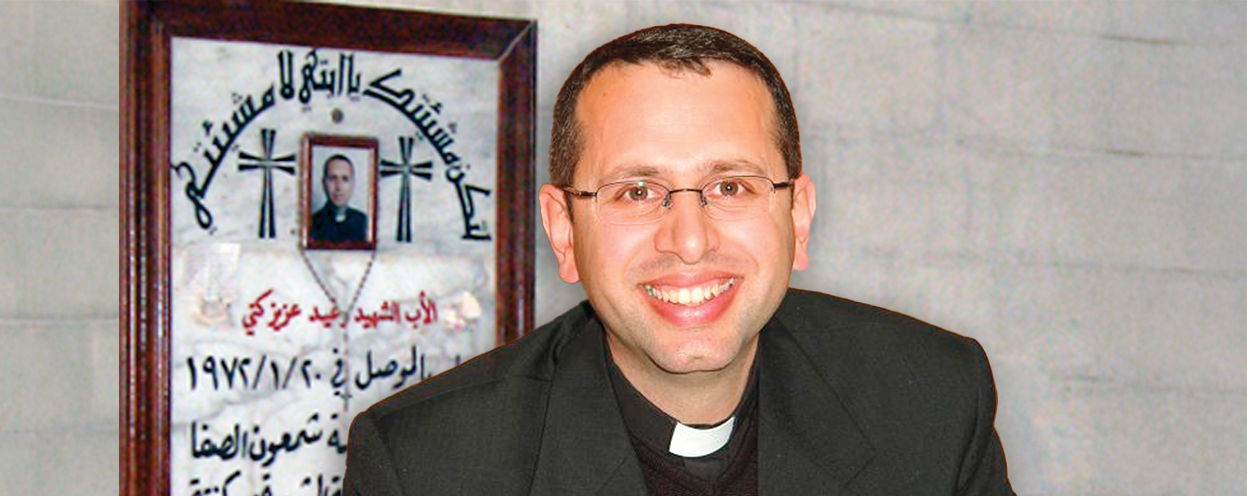
For two thousand years the Eucharist, as celebrated by the Church, has given Christians the strength to overcome all manner of adversity. The early Church had to face bloody persecutions from the very beginning. Despite the fact that taking part in the celebration of the Eucharist exposed Christians to denunciations and all too often to death, the Holy Mass never stopped being celebrated.
This situation would seem to be a thing of the past. Today the biggest problem seems to be the reluctance of members of the faithful to participate in the Sunday Eucharist in communion with the Church. But there are countries in the world where the celebration of the Most Holy Sacrifice, and partaking in it, begets the spilling of martyrs’ blood. Iraq is one of those countries. Since the beginning of the Iraq war in 2003, there have been attacks—mainly bombings—on over seventy churches. Over 400 Christians have given their lives for their faith. The aim of these terrorist acts is not only to kill Christians, but also to prevent them from taking part in the Holy Mass. Many Iraqi priests and bishops continue to receive threats, forcing them to flee Iraq. Some of them have been abducted, tortured, and murdered. An example of such an indomitable witness for the faith who remained faithful to his priestly calling despite the tragic situation was Fr. Raghid Ganni, who worked in Mosul’s most dangerous neighborhoods.
Born in 1972, Raghid belonged to the cream of Iraq’s Chaldean clergy. Highly educated—he studied theology at the Papal University in Rome in the years 1996-2003—he knew several languages and was a regular correspondent for Asia News Agency. Despite this, he agreed to serve as a parish priest in war-torn Iraq.
Fr. Ganni was well aware of the risks. Many times he was warned to leave his parish; his church was attacked on several occasions. But he stayed. His reasoning was simple. “What kind of a pastor would I be,” he would say, “if I abandoned the flock entrusted to me? What kind of priest would I be, if I left them without the sacraments, to be devoured by marauding wolves? Every day we expect a deadly attack, but we will not stop saying Holy Mass. If necessary, we will go underground where we will be safer. My own parishioners urge me on. There is a war on, a real war, but with God’s grace we endure in the hope of bearing this cross to the very end.” For Fr. Ganni, his parishioners—many of them simple, uneducated souls—were witnesses to the faith, true believers who pointed to what was most important in the life of a follower of Christ. “The Christians of Mosul are not theologians. Some of them are even illiterate. Nevertheless—he stated with an air of wonder—for generations the truth has been firmly rooted in them, namely, that we cannot live without the Sunday Eucharist.”
Like his parishioners, who did not know if they or their loved ones would live to see the next day, Fr. Raghid derived his strength and hope from the Eucharist. “There are days when I feel fragile and full of fear,” he admitted, “but when I hold up the Eucharist and say, ‘Behold the Lamb of God, who takes away the sins of the world,’ I feel His strength within me. When I hold the Host in my hands, it is in fact He who is holding us all in His hands, while challenging the terrorists and keeping us united in His unbounded love.”
Despite the constant attacks, the Iraqi Christians remained faithful to the Eucharist. In a world filled with violence, death, and fear, the Mass served them as a true source of life. “The terrorists may think they will kill our bodies or break our spirit through fear,” observed Fr. Ganni, “but on Sundays the churches are always full. They may try to take our lives, but the Eucharist will restore our lives to us.” And, paradoxically, as the Chaldean priest noted, the terrorist attacks helped the Mosul Christians to truly value the Eucharistic sacrifice: “In normal times, everything seems ordinary, and we forget about this supreme gift, which has been given to us. Ironically, it is thanks to the violence of the terrorists that we have come to see that it is precisely the Eucharist—i.e. Christ who died and rose again—that gives us life. And this helps us to endure and have hope.”
The attacks touched Fr. Ganni’s family directly. When, in June of 2004, his sister was bringing water to help the women clean the church in preparation for Holy Mass, someone threw a grenade close to her. “She was injured, but survived. That Sunday we celebrated Mass as usual. My parents, shocked as they were, attended as well.” The sacrifice of Raghid’s sister was not in vain. “For me and for our community,” he said, “my sister’s wounds were a spring that refreshed and strengthened us, that we might also carry our cross.”
On June 3, 2007, Fr. Ganni’s fidelity to his priestly calling and total commitment to the way of the cross experienced by the Church of Iraq reached its climax. After celebrating Sunday Mass, he and his deacons were attacked by a group of terrorists. One of the attackers shouted to the priest, “I told you to close the church. Why have you not done so?” Fr. Raghid Ganni replied calmly, “How can I close a House that belongs to God?” Hearing these words, the attackers fired a volley of shots, killing everyone present except for the wife of one of the deacons who escaped unharmed.
Fr. Ganni endured to the end. The blood that he shed after feeding his faithful with the Body and Blood of Christ became the pledge and seal of his words and unwavering faith in the power of the Eucharist. His witness was that to which thousands of persecuted Iraqi Christians testify: namely, that, in the Eucharist, Jesus Christ who died and rose again, gives us life.

